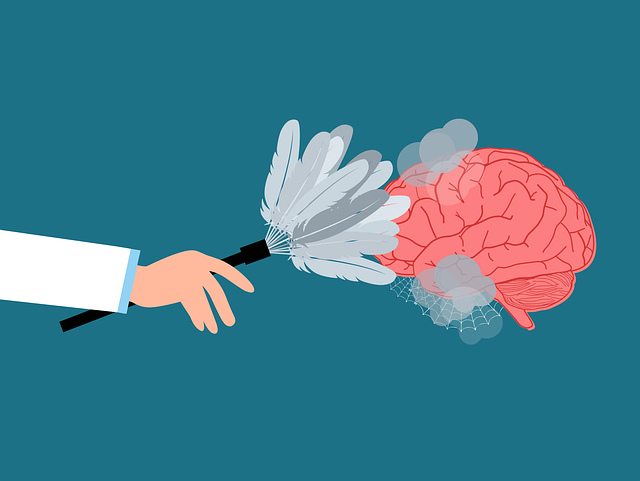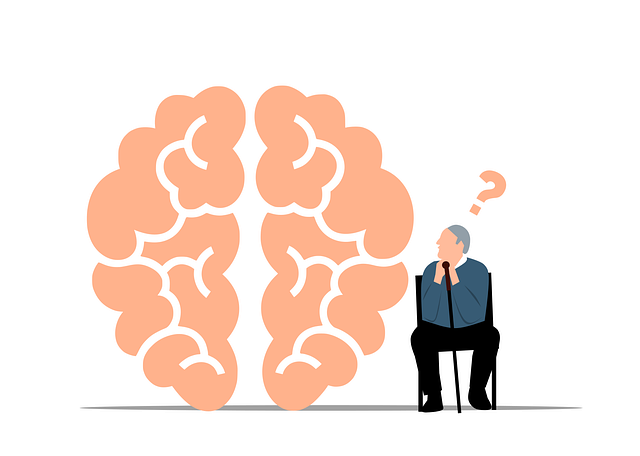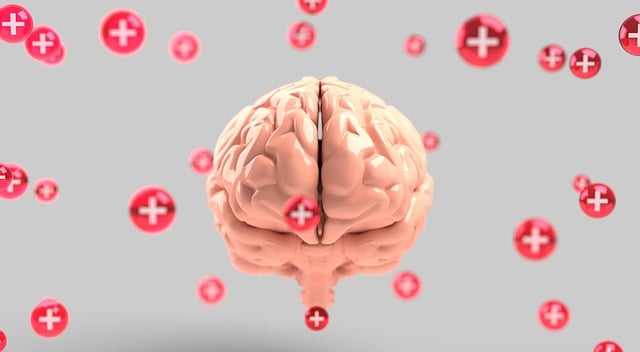Stress management is a critical issue for young adults facing academic, career, and social media pressures, leading to burnout and anxiety. Therapy provides a safe space for this demographic to process emotions, learn coping skills like mindfulness through social skills training, and engage in wellness activities such as podcast production. Integrating evidence-based techniques like cognitive behavioral therapy (CBT) into daily routines builds resilience, improves mental well-being, and fosters healthier ways to confront life's challenges. Professionals play a key role in encouraging these practices for effective risk management and improved long-term outcomes.
“In today’s fast-paced world, self-care is an essential practice for young adults navigating stress and its impact on mental health. This article explores effective strategies to enhance self-care routines, focusing on stress management techniques tailored for this demographic. We delve into the understanding of youth stress and offer valuable insights on unlocking powerful tools for well-being. Additionally, we introduce therapy techniques that can be seamlessly integrated into daily lives, empowering young adults to take control of their mental health through accessible practices.”
- Understanding Stress and Its Impact on Young Adults
- Unlocking Self-Care Strategies for Effective Stress Management
- Incorporating Therapy Techniques into Daily Routines
Understanding Stress and Its Impact on Young Adults

Stress is a pervasive issue among young adults, often stemming from academic pressures, career aspirations, and the relentless demands of social media and peer expectations. The constant pressure to succeed and maintain an online image can significantly impact mental health. Understanding stress is the first step towards developing effective self-care routines for better mental health. Many young adults may not recognize the signs of burnout or anxiety, making it crucial to prioritize therapy as a form of stress management.
Professional therapy provides a safe space for individuals to explore their feelings and learn coping strategies. Through social skills training and engaging in activities that promote mental wellness, such as podcast series production, young adults can develop resilience and healthier ways of navigating life’s challenges.
Unlocking Self-Care Strategies for Effective Stress Management

Stress management is a crucial aspect of overall well-being, especially for young adults navigating their way through life’s challenges. Unlocking effective self-care strategies can be transformative in combating the pressures and demands of daily existence. Many young adults struggle with balancing academic or career pursuits while also managing social expectations, which can lead to burnout and negatively impact mental health.
Therapy offers a safe space to explore these issues and develop personalized coping mechanisms. By integrating therapy for young adults into their self-care routines, individuals can learn to recognize stress triggers, practice mindfulness techniques, and discover sustainable burnout prevention strategies. This proactive approach fosters better mental health awareness and equips young adults with the tools necessary to navigate life’s complexities with resilience and grace.
Incorporating Therapy Techniques into Daily Routines

Incorporating therapy techniques into daily routines can be a powerful tool for young adults seeking to enhance their mental well-being and stress management skills. Many therapeutic practices, such as cognitive-behavioural therapy (CBT), offer practical strategies to challenge negative thought patterns and develop healthier coping mechanisms. By integrating these techniques into everyday life, individuals can build resilience and boost confidence in navigating life’s challenges. For instance, mindfulness exercises, a common CBT technique, teach present-moment awareness, helping to reduce anxiety and improve overall mental clarity.
This consistent exposure to therapeutic tools allows young adults to better manage stress and develop effective risk mitigation strategies. It empowers them to recognize early warning signs of mental health issues and take proactive steps towards maintaining balance. Moreover, regular practice fosters self-awareness, enabling individuals to make informed decisions regarding their mental health, ultimately contributing to a more sustainable and fulfilling life. For mental health professionals, encouraging clients to adopt these techniques highlights the importance of risk management planning and can significantly enhance long-term outcomes.
Young adults can significantly enhance their well-being and resilience by adopting effective self-care practices. Understanding the impact of stress on this demographic is a crucial first step, followed by learning tailored strategies to manage it. Incorporating therapy techniques into daily routines offers powerful tools for stress reduction, enabling young adults to navigate life’s challenges with greater ease and emotional balance. By prioritizing self-care, they can foster a healthier, more fulfilling future. This holistic approach, combining awareness, strategy, and therapy, equips them with the means to thrive amidst life’s pressures, thereby improving overall mental health and quality of life.










